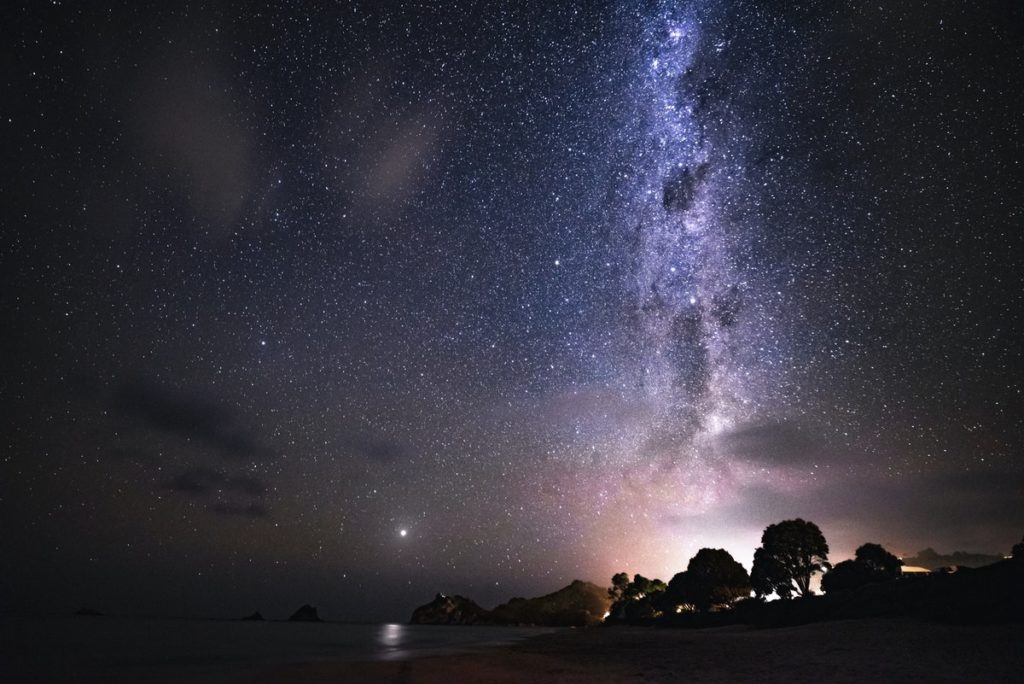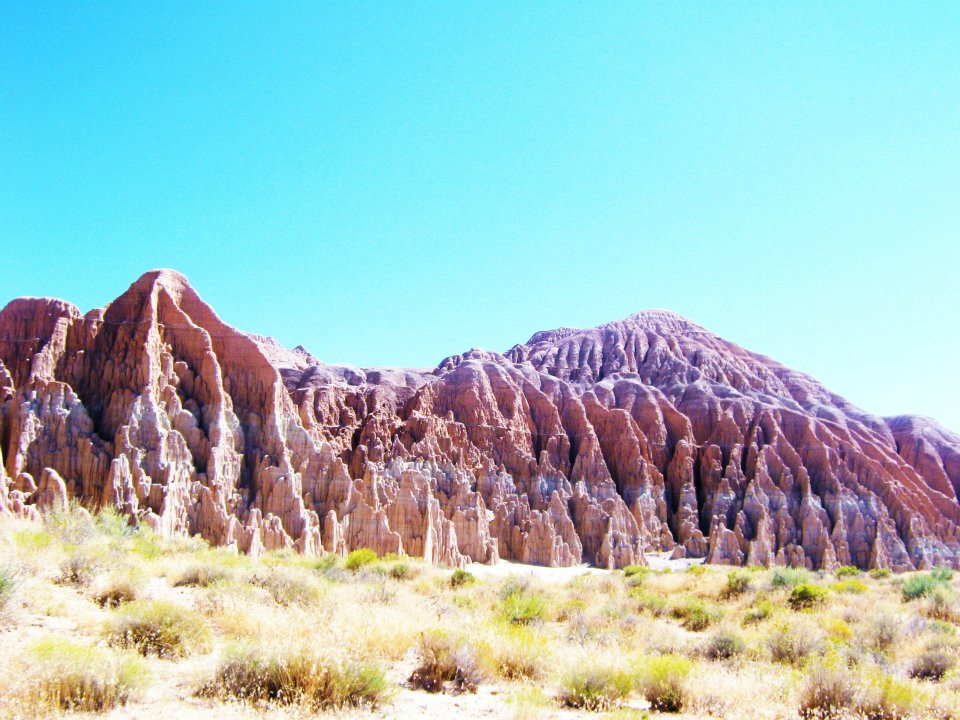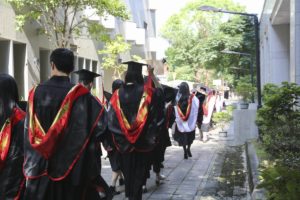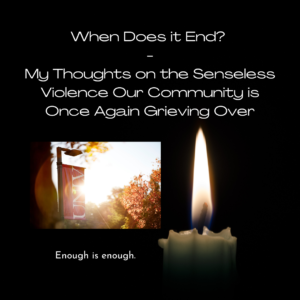
Dark Skies
For many Nevadans, dark skies are a treasure of our desert home if you can escape the city glow. But imagine never seeing the stars or the Milky Way Galaxy across the dark expanse of space. That’s the reality for many people across the country and the world as light pollution fades out the night sky. It’s also why SB 52 was introduced last year in the state legislature.
According to a 2016 study by the American Association for the Advancement of Science (AAAS), artificial light has far-reaching effects.
The report states that “more than 80% of the world and more than 99% of the U.S. and European populations live under light-polluted skies. The Milky Way is hidden from more than one-third of humanity, including 60% of Europeans and nearly 80% of North Americans” (AAAS, 2016).
Acknowledging the importance of protecting our visible night sky for future generations, the Nevada legislature recently pushed a bill to establish a program for awarding dark sky designation to certain areas of the state. This bill intends to protect them from light pollution.
Senate Bill 52
SB 52, a bill introduced in November 2020, recently passed the state senate unanimously 21-0 on February 22nd, 2021.
Now that the bill passed the senate, it returns to the Assembly Committee on Natural Resources to be voted on. It’s currently scheduled for a hearing tomorrow, April 26th, at 4 p.m.
If signed into law, various sites in Nevada such as communities, parks, reserves, and byways can apply for dark sky designation.
Under SB 52, the regulations of dark sky areas outline the categories of sites to be awarded, standards for awarding designations, and the procedures for applying for a designation. The regulations also include the process for reviewing, suspending, or revoking designations and for appealing those cases.
Why SB 52 is Important
Besides the decrease of available dark skies in North America, there are several important factors the Dark Skies Initiative works to address.
Reducing Energy Waste
According to the bill, the International Dark-Sky Association estimates that unshielded outdoor lights waste “approximately 30-60% of outdoor lighting in the U.S.”
This includes light from architecture, parking, landscaping, advertising, and streets.
All this excessive and unnecessary light from outdoor lighting causes an artificial brightening of the night sky, creating light pollution.
Per SB 52, “from an economic perspective, property owners and municipalities can reduce their power costs and consumption by discontinuing the use of unshielded light fixtures.”
By reducing the usage of unshielded lighting we also reduce the natural resources used to produce electricity in the first place. This in turn decreases the amount of greenhouse gases emitted into the atmosphere.
Minding Nature
Light pollution also disrupts the regular biological rhythms of both humans and animals. In particular, it impacts nocturnal animals in the desert. This affects sleep patterns, hunting habits, migration courses, and other aspects of their lives.
For humans, the constant brightness impacts our circadian rhythms, and ultimately our own sleep patterns. Our production of melatonin, a hormone that helps regulate sleep, is directly linked to light levels. The pineal gland releases melatonin when it’s dark and reduces production when the brain senses light.
According to National Geographic, “An increased amount of light at night lowers melatonin production, which results in sleep deprivation, fatigue, headaches, stress, anxiety, and other health problems. Recent studies also show a connection between reduced melatonin levels and cancer.”
By designating more areas for dark sky protection and by reducing light pollution, we not only protect nature but improve our health and that of critical environments.
Stimulating Our Outdoor Recreation Economy
In addition to the environmental impacts of dark sky designation, the bill provides economic benefits as well. As a major outdoor recreation hub, Nevada attracts tourists and other visitors to the state, and especially rural communities. According to the bill, by protecting designated dark sky areas, the program will generate “increased economic activity for surrounding communities and their small businesses.”
Nevada attracts environmental tourism for our beautiful public lands and our stunning dark desert skies. If you travel just far enough outside of Las Vegas, you’ll find yourself in near-total darkness, save for the stars. We must protect these areas from light pollution, especially as housing encroaches further into our public lands and surrounding desert. Otherwise, we risk losing many of these destinations that tourists visit the state for and the economic growth they bring.
If you’re a Vegas native, you might be aware of how far the city has expanded Northward along the 95. In that direction, just outside of town lies the Desert National Wildlife Preserve, which includes a spot called Corn Creek Station. Many use this area for stargazing and other astronomy activities. As the city grows towards it, light pollution follows, making this area less attractive to visitors at night. With SB 52, this spot might qualify for Dark Sky designation.
Sponsored Ad
How SB 52 Helps Existing Programs
Presently, the existing Dark Sky Places Program protects two areas in Nevada: the Great Basin National Park and the Massacre Rim Wilderness Study Area.
SB 52 would complement this program and work to specifically “promote, preserve, protect, and enhance Nevada’s dark-sky resources for their intrinsic value and their ecological, astronomical, cultural, and economic importance.”
In addition, the program intends to raise awareness about the impacts of light pollution. This, to encourage Nevadans to reduce their use of unshielded outdoor lighting. Ultimately, the goal is to not only protect our dark skies but enhance them to lessen the impacts of our current light pollution levels.
How You Can Benefit From The Bill

Looking for some good spots to stargaze or camp at? Whether you’re a Nevada resident or a visitor from out of state, there’s much to enjoy if you want to see the stars clearly.
Just two-and-a-half hours outside of Las Vegas, in Lincoln County passed the town of Caliente, is Cathedral Gorge State Park. There, you’re far away enough from both Las Vegas and St. George in Utah, to where the light pollution doesn’t impede night vision or block out the stars.
This spot is also a longtime destination for the Las Vegas Astronomical Society’s twice-yearly star party. LVAS members and their families come out for a multi-day camping trip, bring out their telescopes, and stargaze together.
Traveling more Northeast in the state, Great Basin National Park is another amazing spot for viewing dark skies.
How to #GetinMotion With SB 52 & Protecting Dark Skies
With the bill getting ready for its next hearing, help by sharing your opinion with the legislature!
Leave an opinion here by selecting the bill, marking “In Favor,” and sharing your comment about it. Or, email your testimony to the Assembly Committee of Natural Resources at AsmNR@asm.state.nv.us.
By proxy, supporting other legislation that protects the environment, areas awarded dark sky designation will also be further protected. Make sure to keep an eye out for other bills going through the legislature that are environmentally focused, and contact your representatives to let them know your opinion.
Aside from the legislative aspect, protect dark skies by reducing your own light pollution when possible. Check your outdoor lights and make sure to cover or shield them. Please talk with your friends and neighbors about protecting our night sky and reducing light pollution. That way, you can enjoy it more together, right from your backyard.
In addition, take part in environmental tourism, especially in places where you’ll find dark skies. You’ll not only enjoy the great outdoors and the ethereal beauty of the night sky, but you’ll also be supporting the outdoor recreation economy, including small businesses. The more people visit public lands and express interest in protecting them, the more funding and protections they receive.




Pingback: LVAS: Shooting for the Stars - Millennials in Motion Magazine
Pingback: Skye Canyon ‘Skye and Stars’ Event - Millennials in Motion Magazine